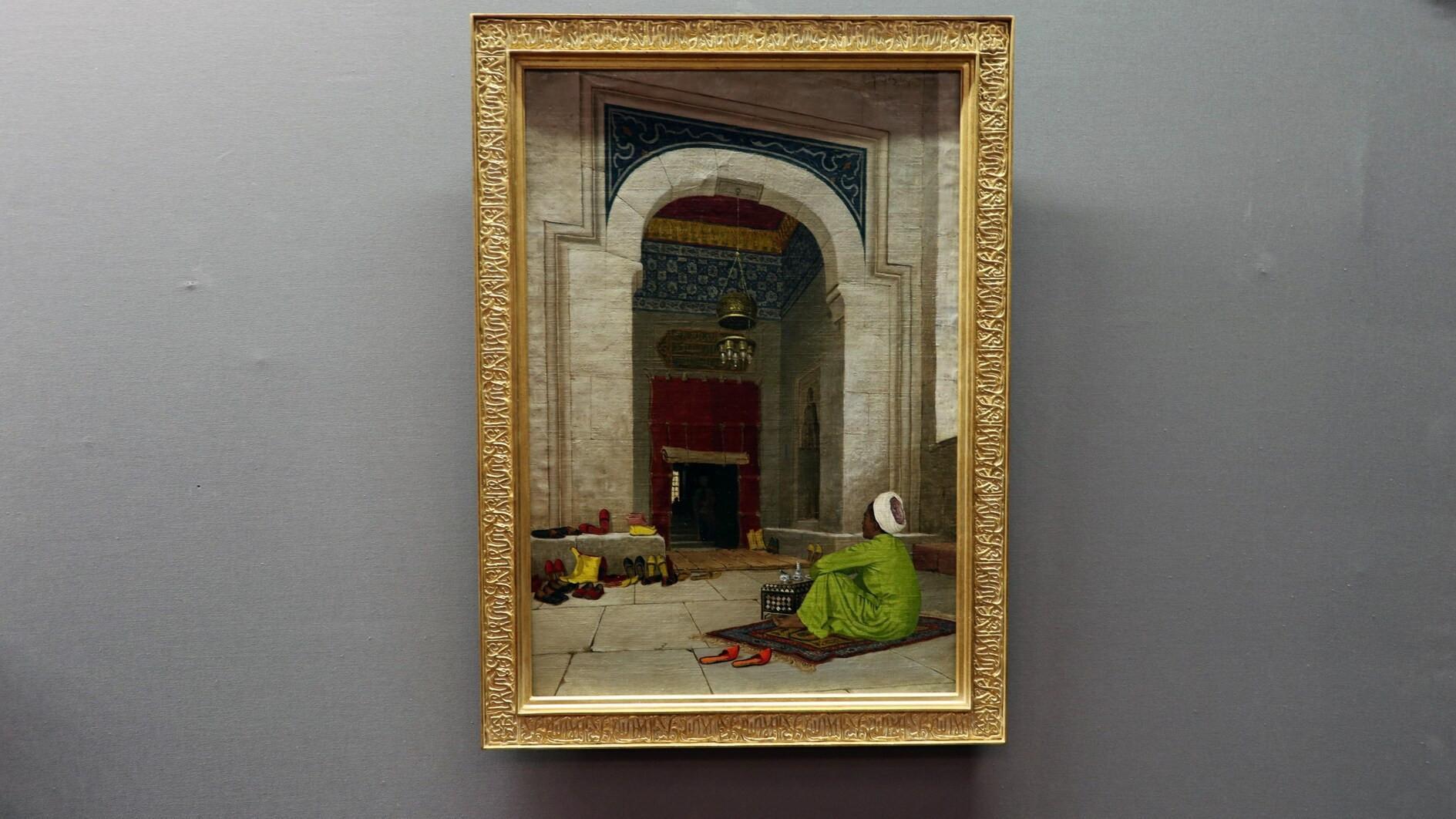Rise of social media heralds arrival of social monitoring
As political and social scientists continue to debate the role and influence of new forms of social media in uprisings dubbed the “Arab Spring,” their analysis might well expand to include dissection of the same media as a diagnostic and forecasting tool.
Enter SocialEyez, a new social media analytics company based in Dubai and in turn owned by Rupert Murdoch’s News Corp. Residing at www.socialeyez.ae, this portal is worth a look as it is pushing analysis of public opinion into a brave new world.
As Egyptians voted this week in the second round of their historic – if troubled – election, SocialEyez concluded that 75 percent of Egyptians support the electoral process and 15 percent oppose it. In and of itself that is hardly a groundbreaking insight. But when you consider the company parses some 10 million electronic messages from Twitter, Facebook and web blogs daily, in both English and Arabic, it strikes me as a development worth watching.
Conventional political polling, the representative “sample” exercise with which we are all familiar, dates to 1930s America, invented by the legendary pollster George Gallup. In Turkey the first scientific polling was done by Bogaziçi University in 1977, led by Professor Metin Heper who now teaches at Ankara’s Bilkent University.
So-called “focus groups,” with the aim to establish as much how people “feel” as how they “think” and now a staple of marketers, emerged during World War II as a tool to measure the effectiveness of government propaganda films. The next leap probably was the advent of exit polling, the surveying of voters on election day, the first of which was done in 1967.
All of this has evolved into a sophisticated tool set; surely a mixed blessing, as it enables both new insight but also new means of manipulation. But regardless your judgment of the rise of scientific polling, no one can dispute that it has fundamentally changed modern politics - and democracy.
Which is why the apparent evolution of social media from a means of expression and protest into a parallel tool of political and social research, heralds something profound. In the latest “buzz report” as the company’s surveys are called, 71 percent of data was captured on microblogs including Twitter. Some 23 percent of analysis derived from Facebook and the rest came from news websites and forums.
Mindful that SocialEyez is just at the outset, consider a few of the company’s findings using its new monitoring technology.
Some 55 percent of Egyptians engaged with social media welcomed the first round results last week in Egypt that was led by two Islamist parties. Some 40 percent opposed the results. One interesting point was that 75 percent of microbloggers were protesting the conduct of elections, while nonetheless urging participation. Of the third advocating a boycott of the election, most cited continuing control of the military as their chief complaint.
There is much more if you go to the site. It’s also worth checking out some of the older “buzz reports” that go back to 2010, including such diverse topics as Britain’s royal wedding and the infamous “Mavi Marmara” skirmish between Turkish protestors and Israeli commandos.
CORRECTION: www.socialeyez.ae is a site owned by News Group and its president is Mazen Nahawi. It has no relationship with the Rupert Murdoch-owned News Corp., as incorrectly stated in David Judson’s column ‘Rise of social media heralds arrival of social monitoring’ (Hürriyet Daily News, Dec. 17, 2011). The Daily News regrets the error.










